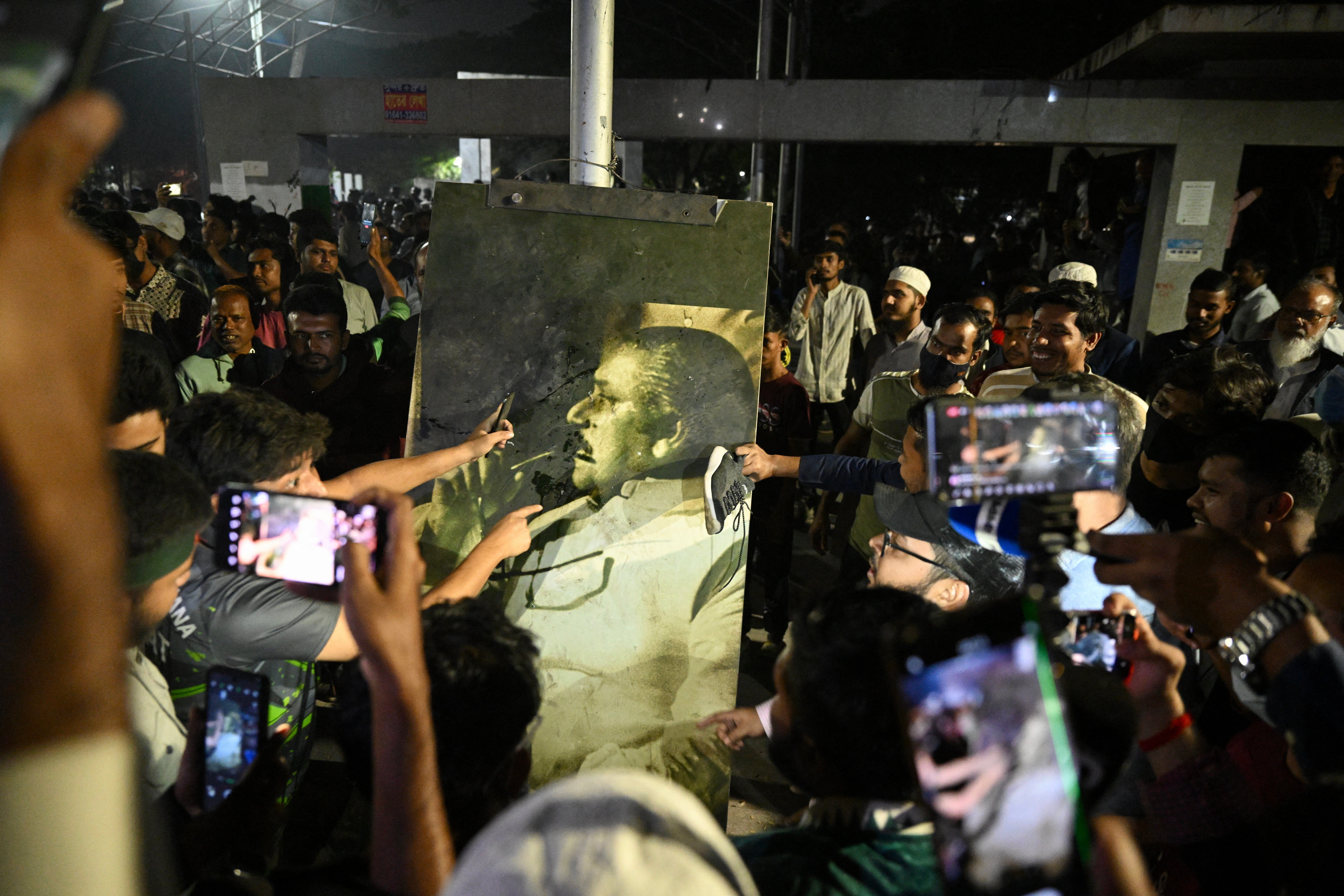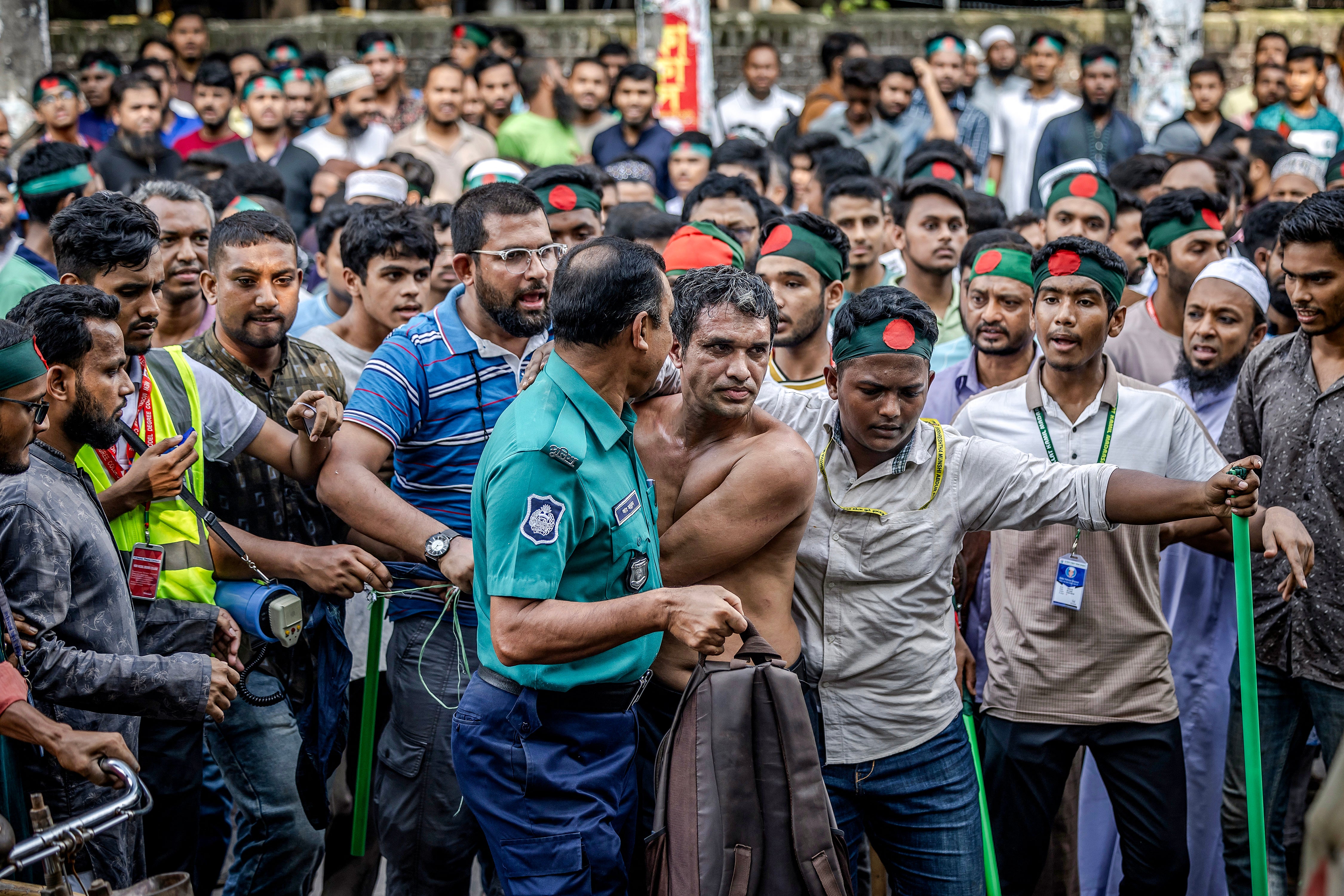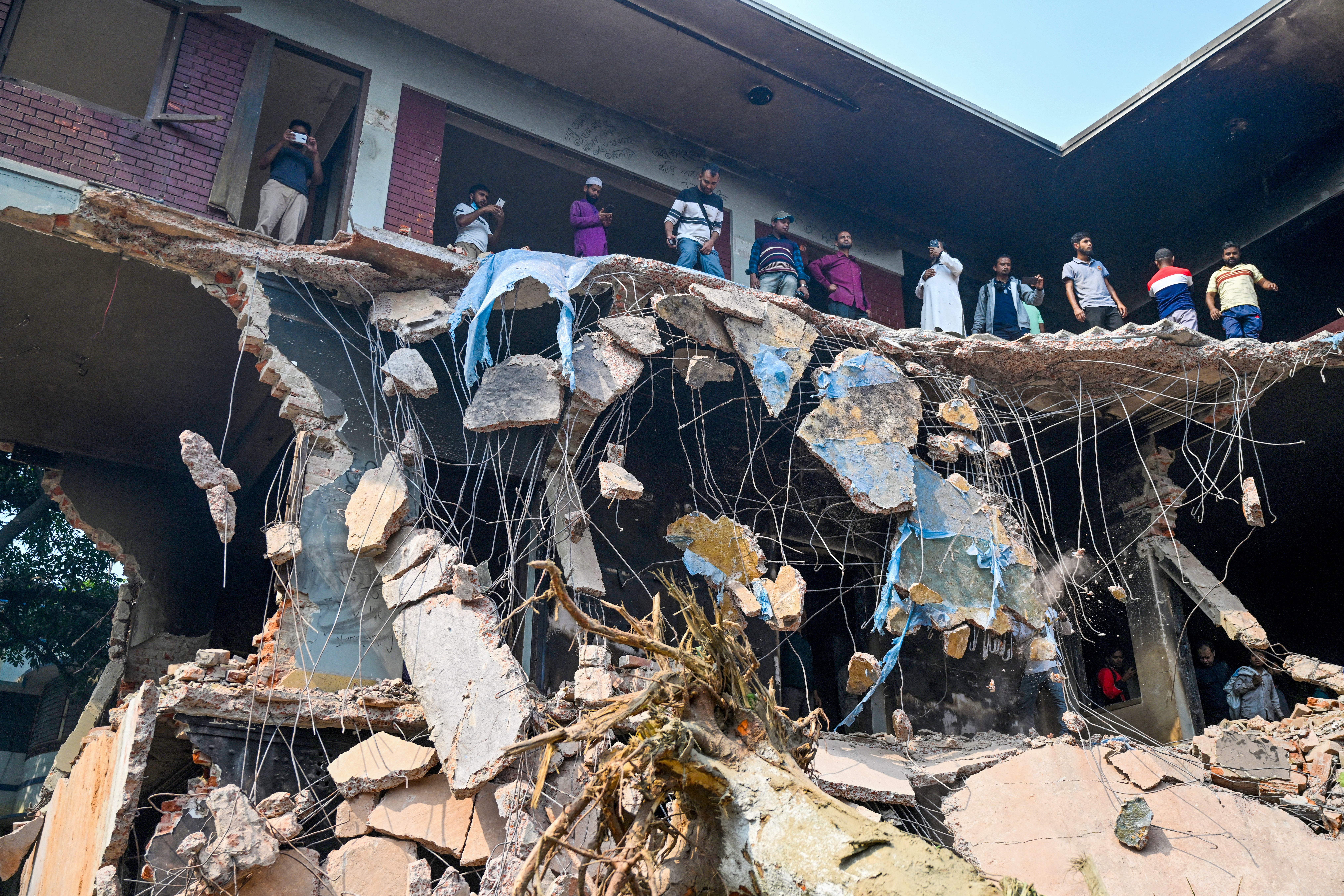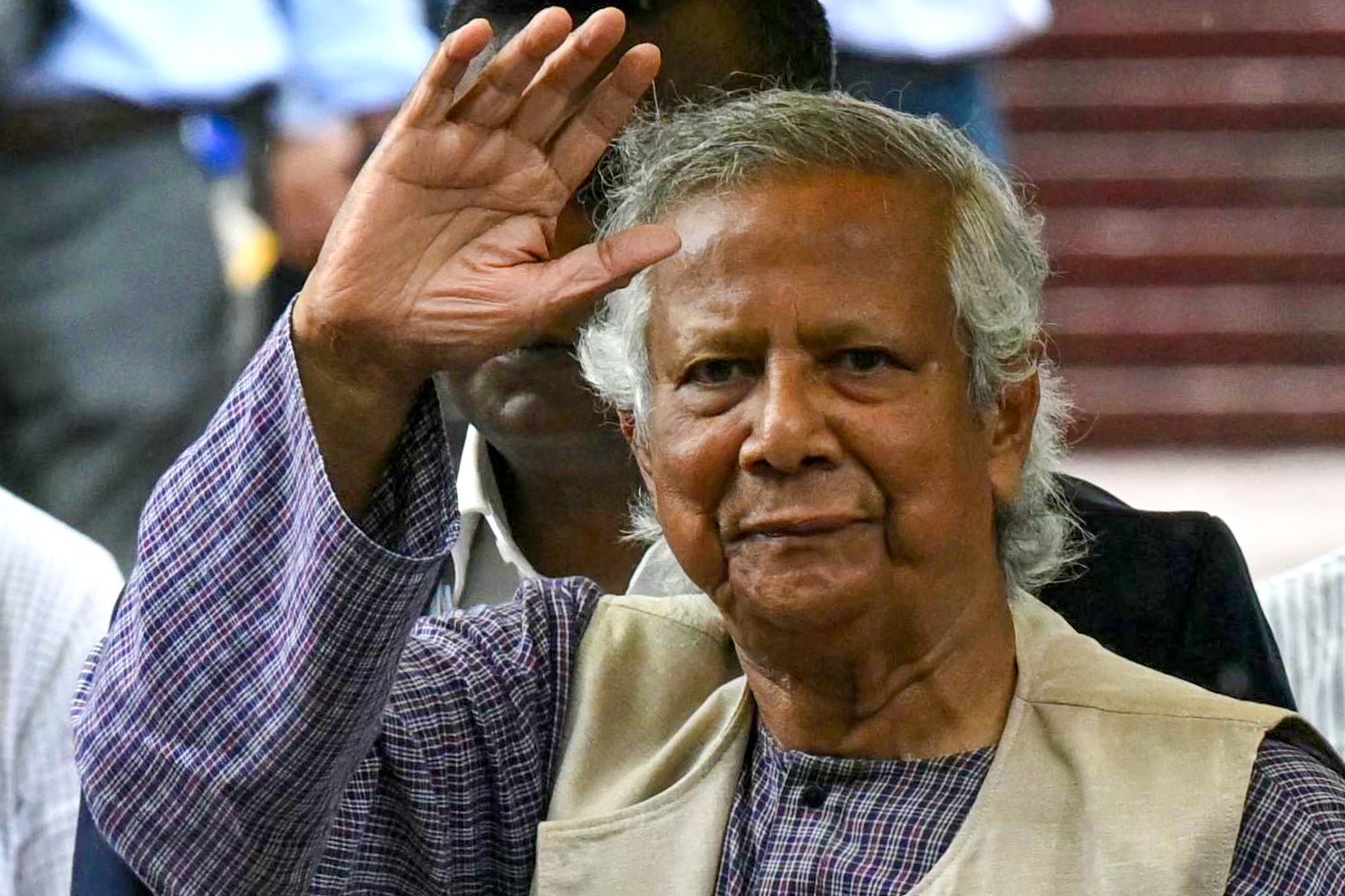Bangladesh’s opposition political party said it was working towards holding general elections by December, following a meeting with interim government chief Muhammad Yunus.
The caretaker government led by 84-year-old Yunus since August last year after mass protests forced Sheikh Hasina to resign, is yet to confirm a date.
The Bangladesh Nationalist Party (BNP), which has governed Bangladesh for most of the past three decades alongside Ms Hasina’s Awami League, has been pushing for early elections. The BNP had initially called for elections to be held by August.
BNP secretary general, Mirza Fakhrul Islam Alamgir, said the party expected Mr Yunus to announce a roadmap for general elections soon. “We have once again pressed them on this matter,” he said on Monday. “He (Yunus) told us that they are working to hold the election by December.”
This is the most specific timeline given so far, following Mr Yunus’s earlier suggestions of elections by late 2025 or mid-2026. Speaking in a national broadcast in December, marking the 53rd anniversary of Bangladesh’s independence, the Nobel Peace Prize-winning leader said: “Election dates could be fixed by the end of 2025 or the first half of 2026.”
Pressure has been mounting on Mr Yunus to set an election date in the South Asian nation of about 170 million people, following the student-led uprising that ousted Ms Hasina. He has earlier called the task of restoring democracy in Bangladesh “extremely tough”.
A major reform Mr Yunus is advocating, before finalising an election date, is updating the voters list – a “complex” task after years of political turmoil. This involves removing false names from voter lists while ensuring first-time voters, particularly from the country’s rapidly growing youth population, are properly registered.

“Throughout, I have emphasised that reforms should take place first before the arrangements for an election,” he said earlier.
“If the political parties agree to hold the election on an earlier date with minimum reforms, such as having a flawless voter list, the election could be held … by the end of 2025,” he added.
However, implementing the entire set of electoral reforms would push the election back by a few months, he said last month.

Army chief, General Waker-uz-Zaman, whose withdrawal of support hastened Ms Hasina’s departure, said in September last year that democracy should be restored within 12 to 18 months. Officials report that over 800 people lost their lives during last summer’s student revolution. In response, the Yunus government has repeatedly requested Ms Hasina’s extradition from India to face trial for crimes against humanity. However, India has yet to respond.
Mr Yunus has said that he aims for a “100 per cent voter turnout” to prevent future governments from undermining voting rights in the country.

Last week, protesters in Bangladesh stormed and vandalised the historic residence of the country’s founding father, Sheikh Mujibur Rahman, ahead of a political speech by his daughter, Ms Hasina.
Thousands marched through Dhaka on Wednesday night in a “bulldozer procession”, demanding the demolition of Rahman’s house.
The protest was triggered by Ms Hasina’s planned speech to her Awami League supporters from India, where she has been living in exile since fleeing mass student-led demonstrations against her 15-year rule.

At the time, Mr Yunus’ press office said that the attack on Rahman’s residence was unintended and regrettable, attributing it to a reaction against Ms Hasina’s “violent” actions. The interim government said in a statement: “Despite the fact that she fled the country, she continues to use the same tone of threats, as she used to when she was in power through corruption, terror and inhuman repression.”
“The government cannot evade responsibility for these incidents,” Mr Alamgir said after the BNP delegation met Mr Yunus on Monday. “Those incidents happened in front of law enforcement and other government agencies.”
During the meeting, the interim government assured that it was taking necessary measures to control prices after the BNP raised concerns over high inflation, Mr Alamgir said, according to Reuters.
Meanwhile, students who led the uprising last summer against Ms Hasina are reportedly all set to launch a new political party this month.
Additional reporting by agencies







